
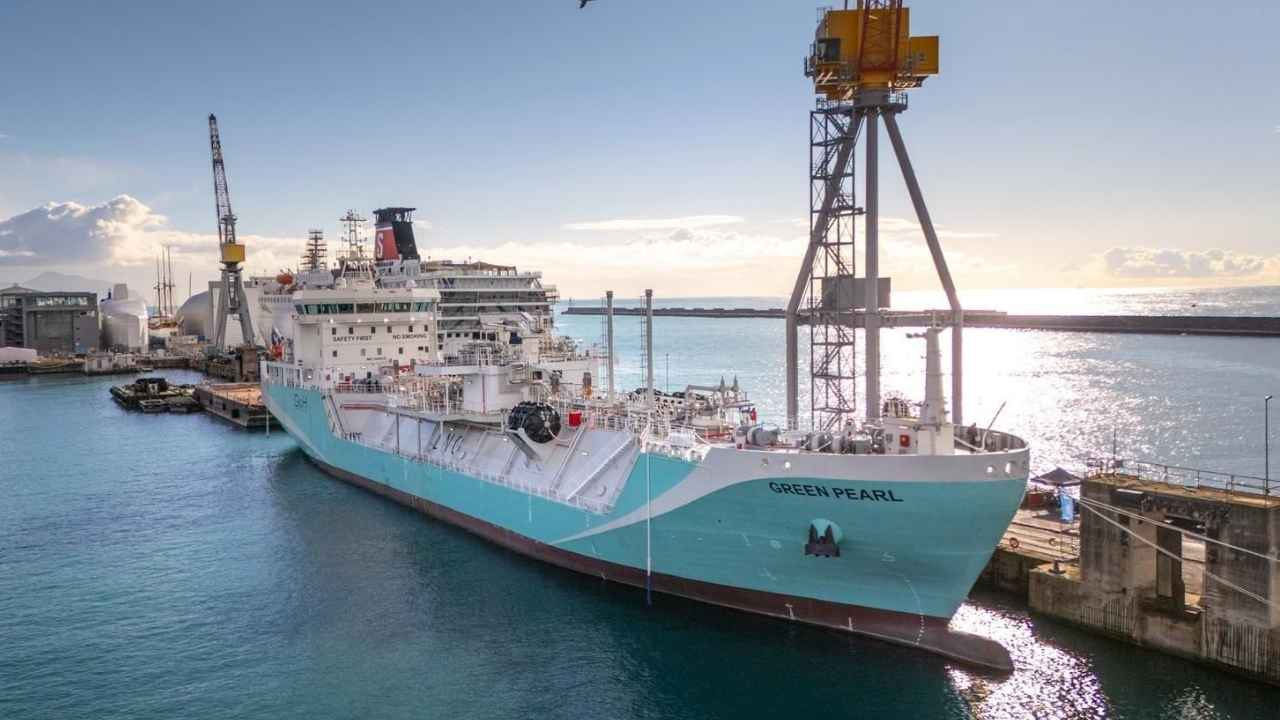
|
Green Pearl LNG bunkering vessel enters service in Genoa
The 7,500-cbm dual-fuel vessel will provide ship-to-ship and ship-to-truck LNG supply services. |
|
|
|
||
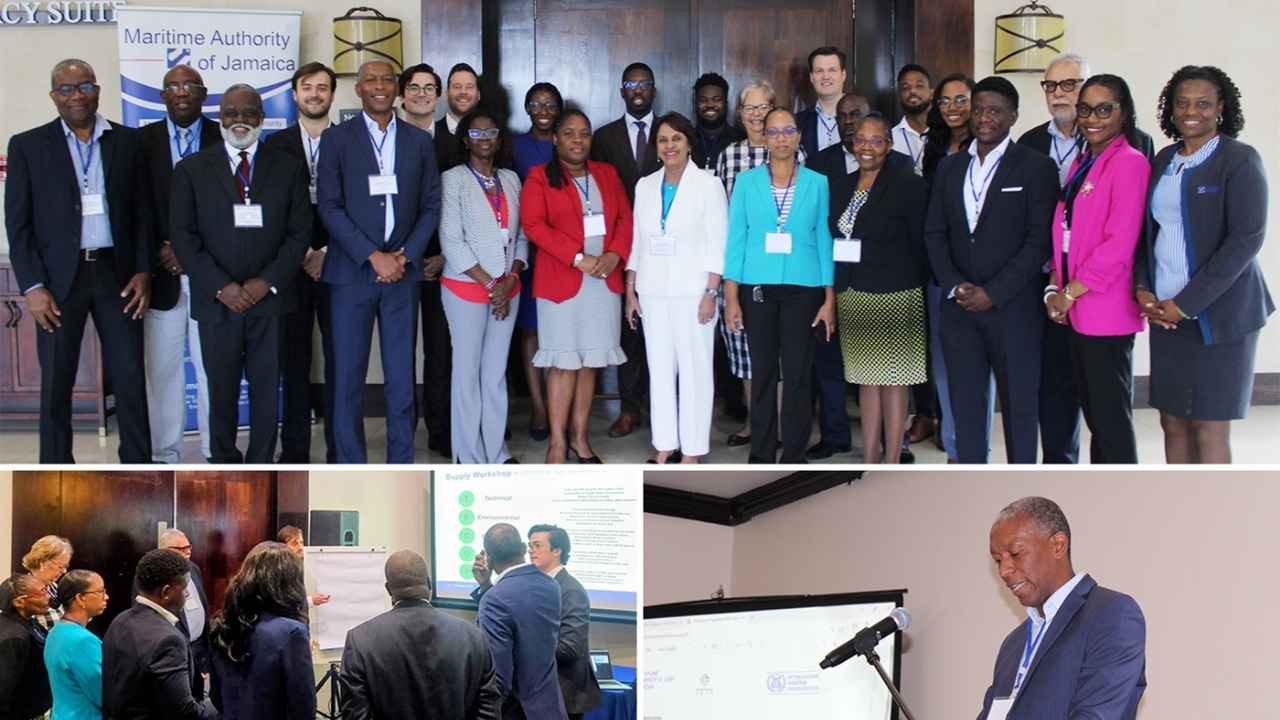
|
Jamaica explores alternative marine fuel pathways through national stakeholder workshop
IMO-backed study examines fuel demand scenarios and infrastructure requirements for Caribbean transshipment hub. |
|
|
|
||
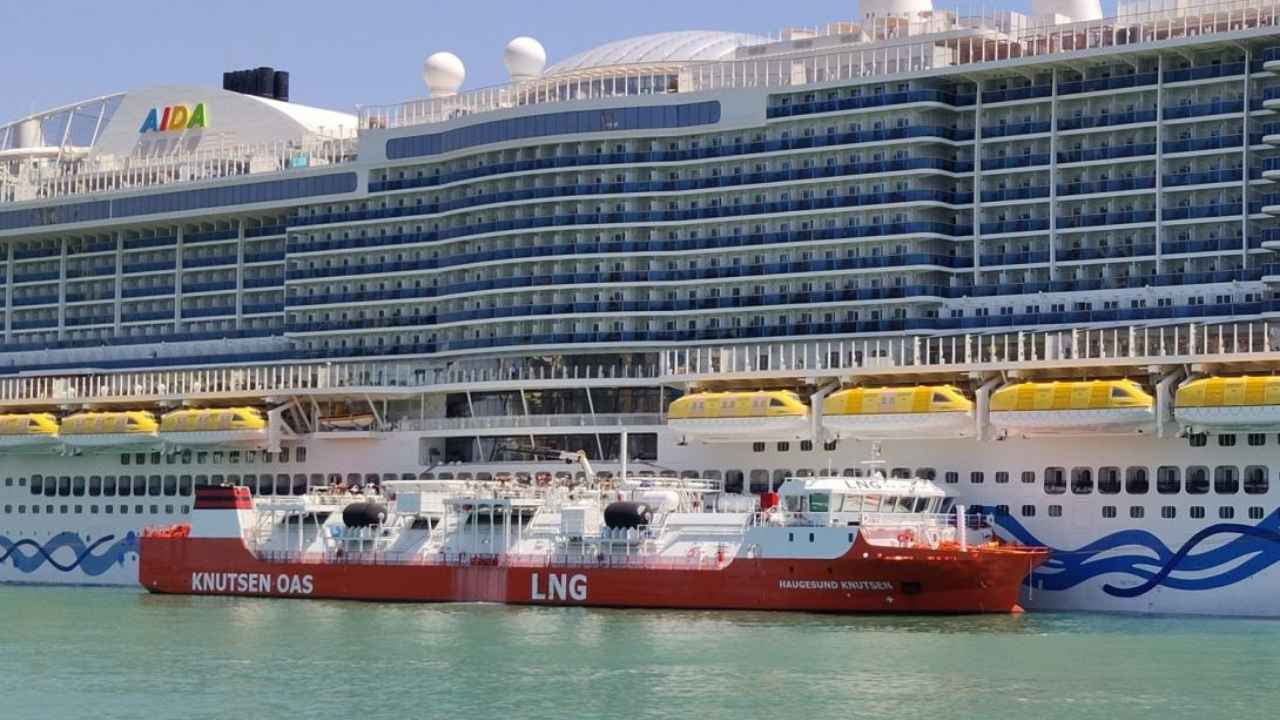
|
Barcelona reports 3% rise in LNG bunkering volumes for 2025
Port says it needs additional suppliers and barges so that bunkering volumes continue to increase. |
|
|
|
||
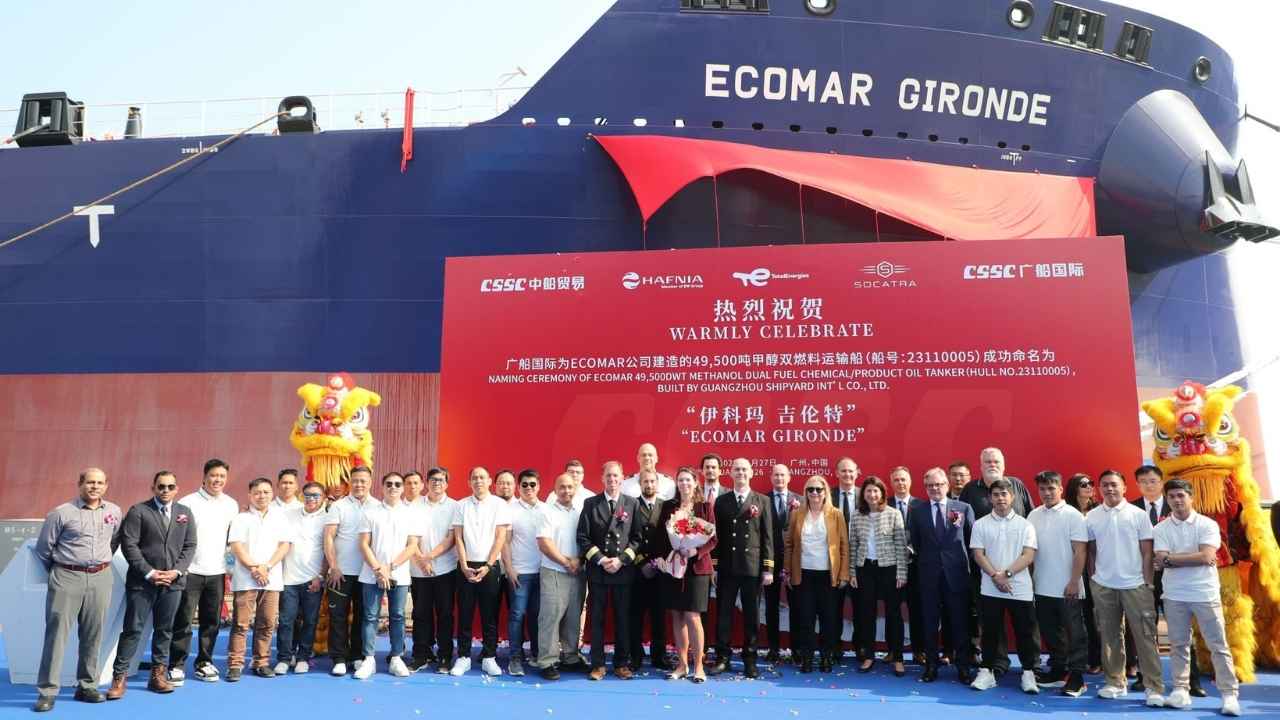
|
Hafnia and Socatra complete four-vessel methanol-ready tanker series with final delivery
Ecomar Gironde marks completion of dual-fuel chemical tanker quartet built at Guangzhou Shipyard International. |
|
|
|
||
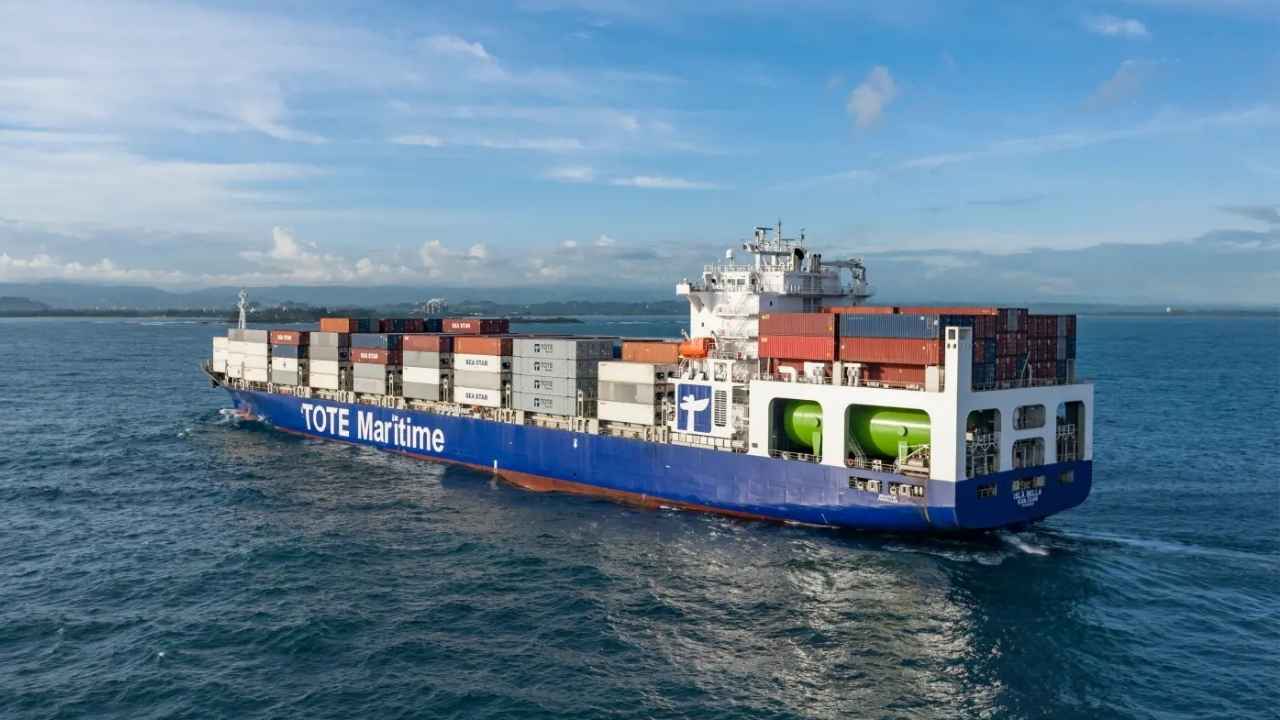
|
Galveston LNG Bunker Port signs vessel partnership with TOTE Services
Agreement establishes framework for Jones Act LNG bunker vessel development on the US Gulf Coast. |
|
|
|
||
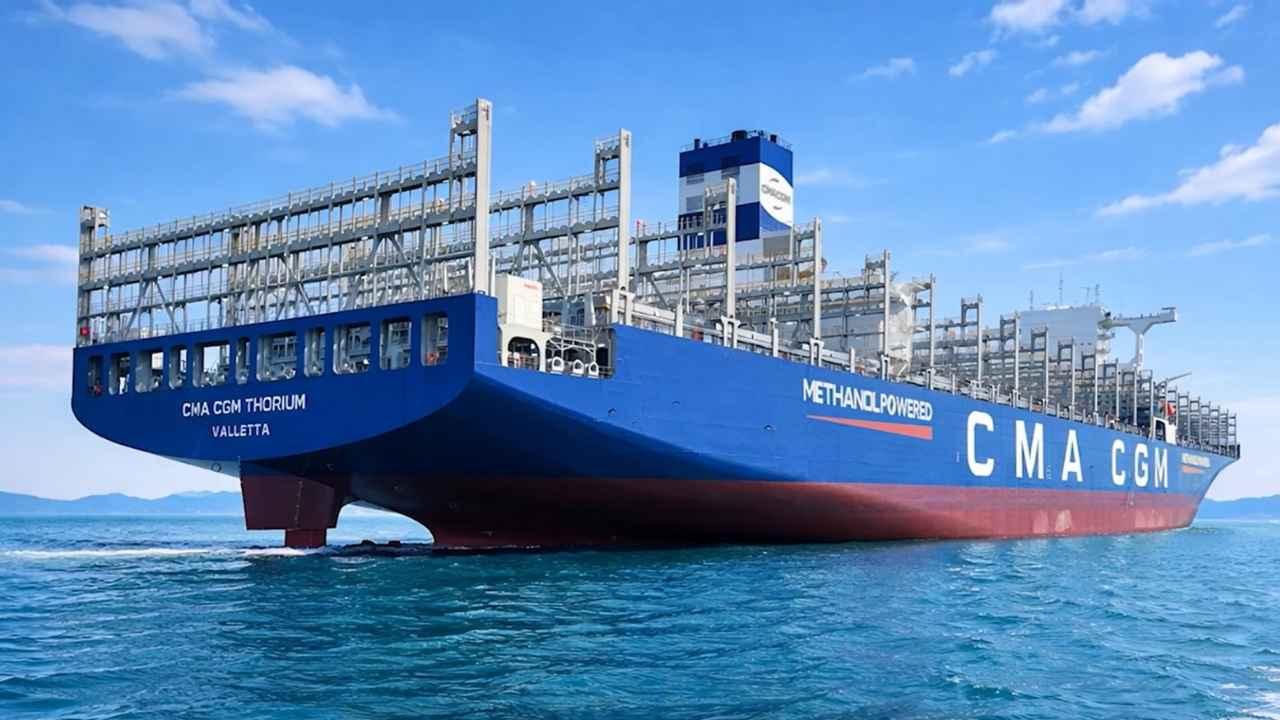
|
CMA CGM adds methanol-powered containership to fleet
CMA CGM Thorium named in South Korea and deployed on Mexico Express service. |
|
|
|
||
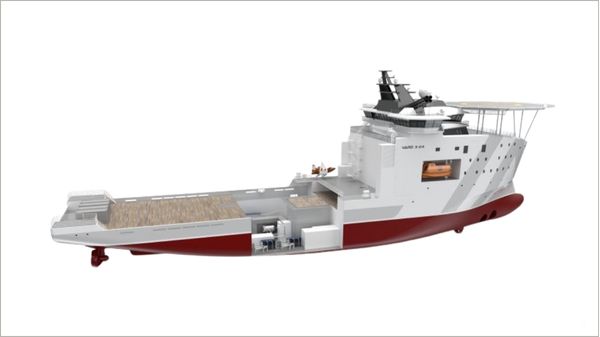
|
Vard completes concept design for nuclear-powered offshore construction vessel
Shipbuilder says study confirms technical feasibility of integrating small fourth-generation reactor in DP vessel. |
|
|
|
||
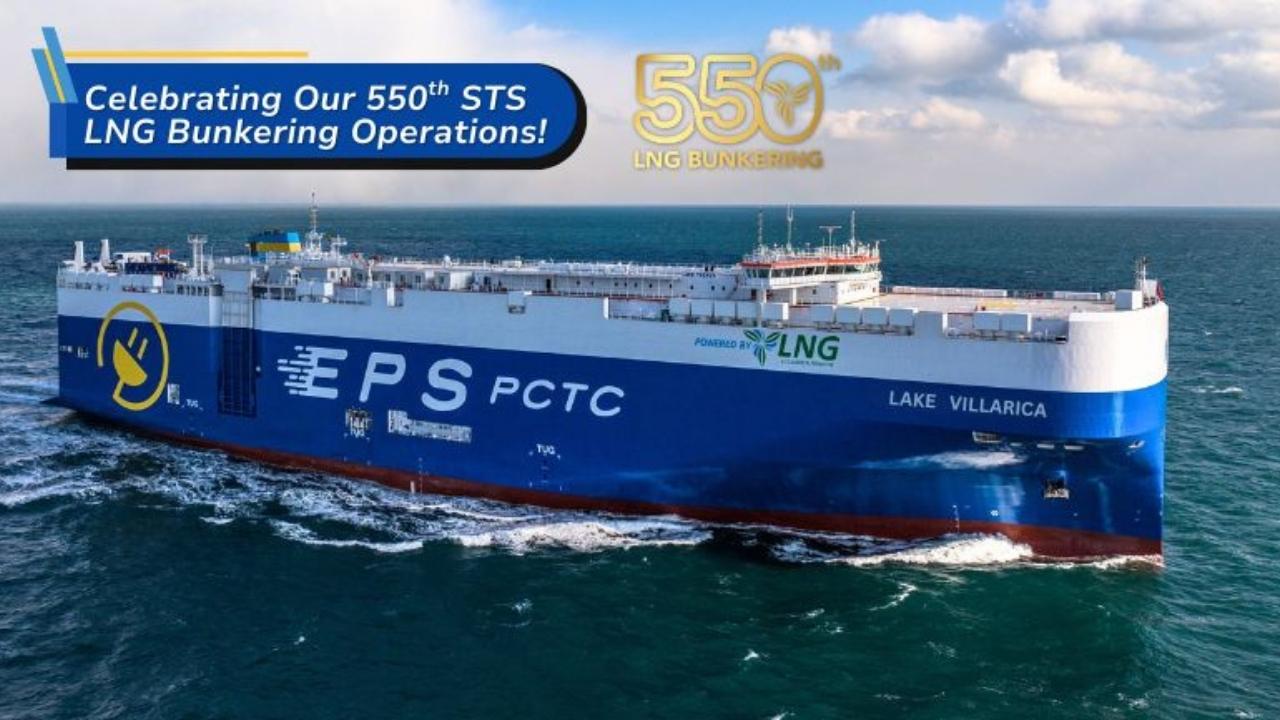
|
Eastern Pacific Shipping completes 550th ship-to-ship LNG bunkering operation
Singapore operation supplied LNG to dual-fuel PCTC Lake Villarica via FueLNG Bellina bunker vessel. |
|
|
|
||
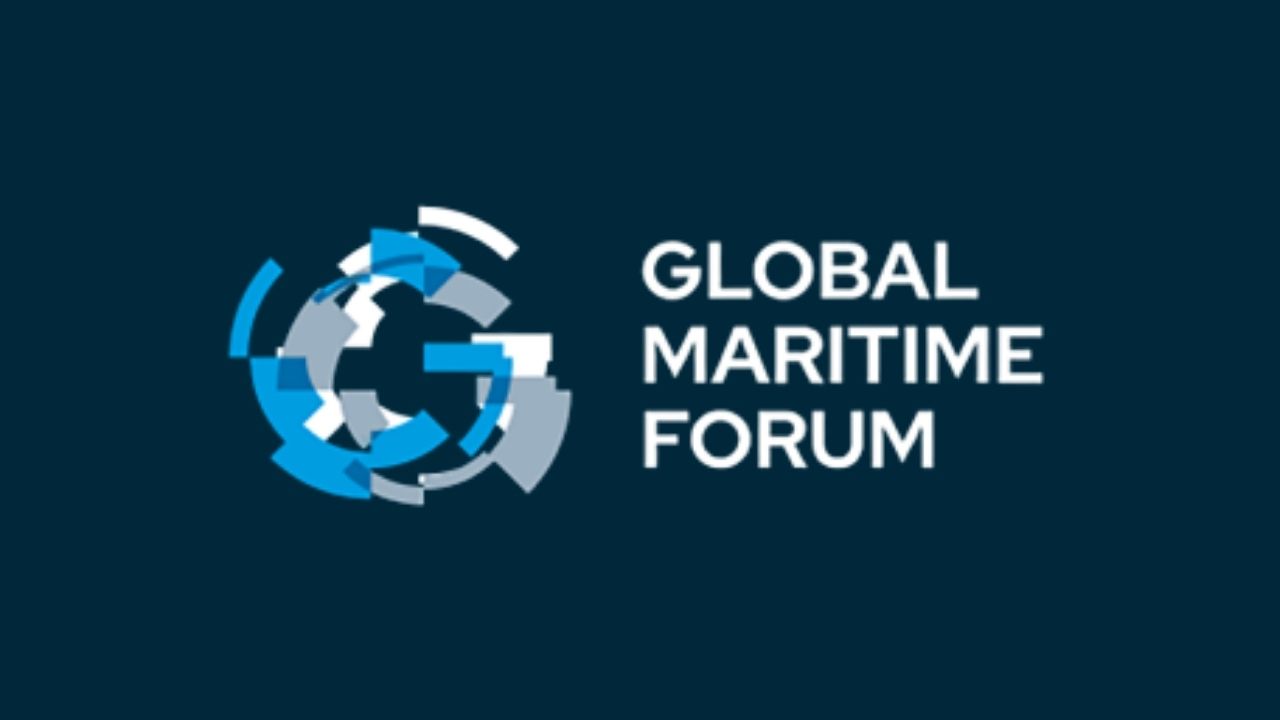
|
Global Maritime Forum joins India green shipping network
Non-profit organisation becomes member of platform focused on alternative-fuel infrastructure and deployment. |
|
|
|
||

|
IACS publishes unified requirement for ammonia release mitigation systems
New framework establishes harmonised standards for the design, testing and certification of safety systems on ammonia-fuelled vessels. |
|
|
|
||